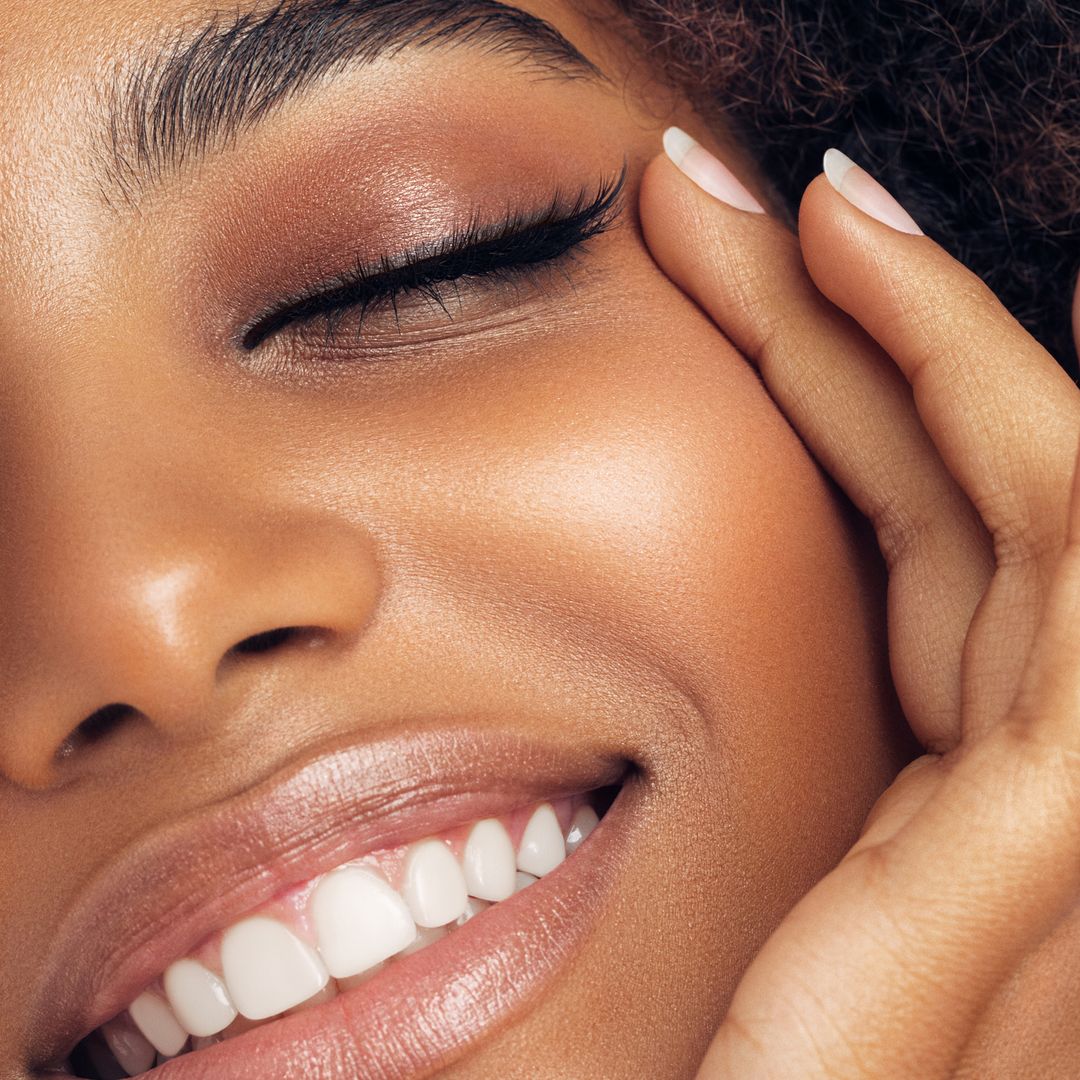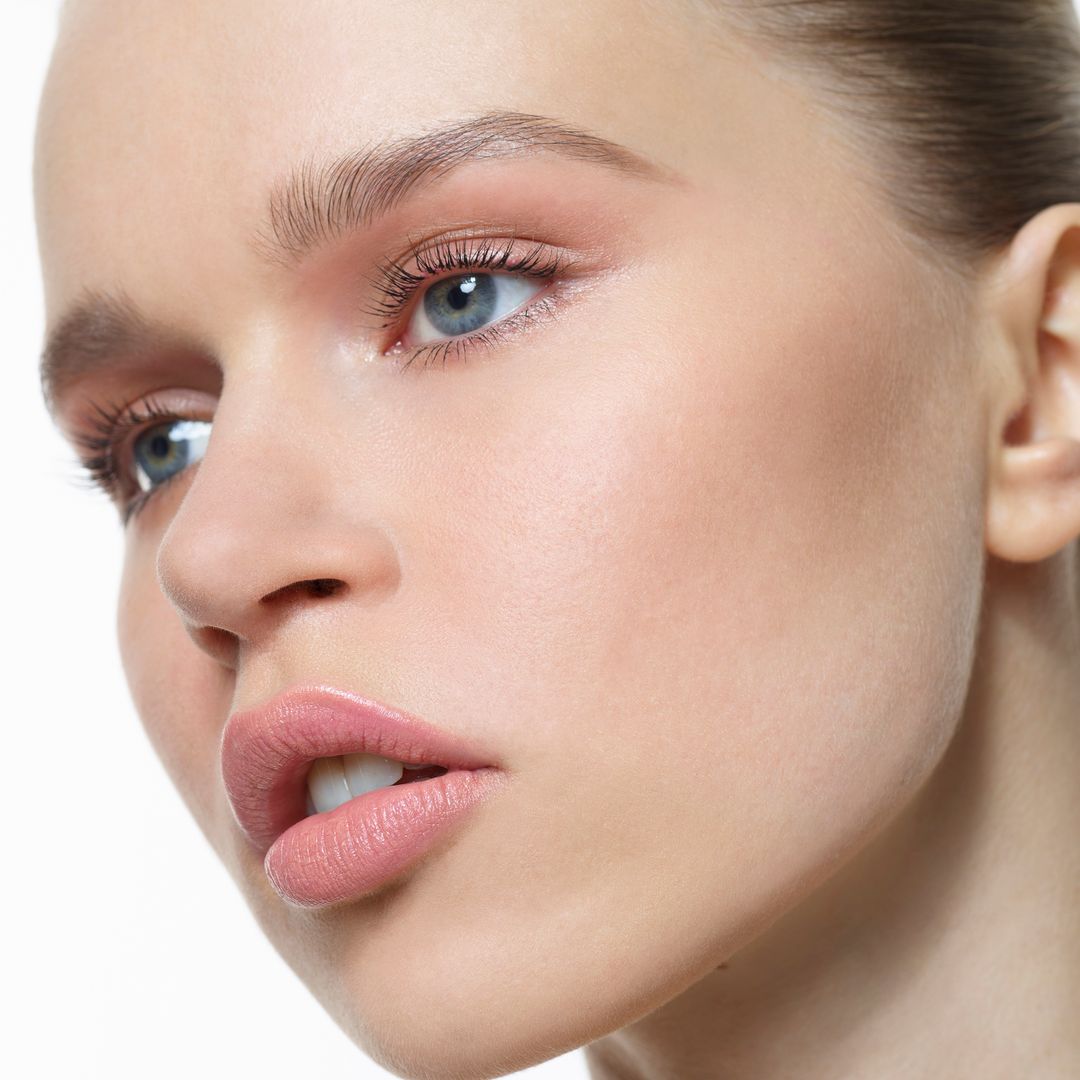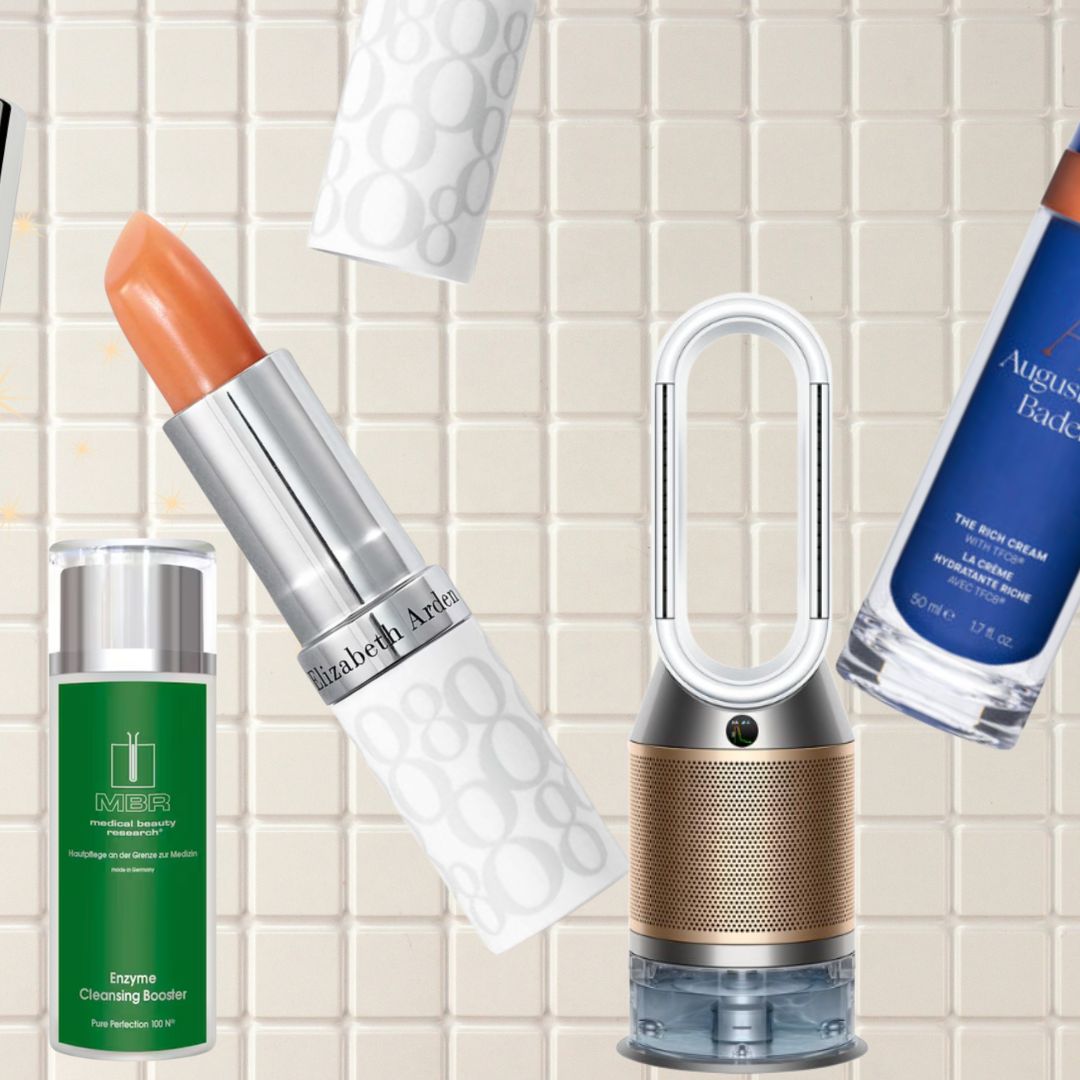Some ancient beauty rituals are best left in the past, whereas others possess a certain enduring appeal. Steaming is one that is still utterly relevant today, although, granted, its setting has changed a bit since the days of the Greeks nipping out to the natural hot springs.
These days, steaming may take place during the process of a facial. Professional aestheticians often use the method to soften the skin, including any debris that has collected in the pores, to aid the extraction process – but there are even more potential beauty benefits where that came from.
MORE: Skin cycling: everything you need to know about the dermatologist -approved beauty trend
What is face steaming?
Facial steaming refers to the process of exposing your skin to water vapour. "It is amazing at softening up the skin before a treatment, like extractions or any hydrating mask," explains celebrity facialist Guendalina Gennari, also known as The Skin Sculpter.
With the application of some gentle heat, your skin increases in temperature, as does the dirt and oil that has built up inside your pores. It can be a godsend for those who suffer from congestion because the softened debris can then be extracted easily.
READ: Does gua sha work? A dermatologist reveals all
MORE: Should your skincare routine follow a particular order?
Contrary to popular belief, facial steaming does not open up the pores. Despite being firmly embedded in our collective beauty vernacular, they do not open and close as such, but rather can fluctuate in size.
"Pores are not muscle so they can’t shrink, and this is something that we really need people to understand," says Guendalina. "They can fluctuate in size and depending on how much sebum our skin produces, they look more or less visible. Oily skins normally have more visible pores as they produce more sebum and the opposite applies for dry skin."
Face steaming also boosts your circulation which can help stimulate collagen production - vital for maintaining skin elasticity. Not to mention, when the process is followed by extraction, this can increase the efficacy of your skincare products because they will be more easily absorbed. Face steaming temporarily hydrates the skin, and so afterwards you may like to lock in the moisture with a humectant-packed mask.
Is facial steaming safe?
Providing it is performed correctly, yes, facial steaming is safe. However, it is not suitable for everyone as it can aggravate some skin conditions. "I always use distilled water so that it is not too harsh for the skin," says Guendalina. She does not recommend steaming for those with rosacea or fragile skin with a lot of capillaries. The heat dilates blood vessels and can exacerbate these issues.
Steam can burn, and so it is essential that it is not too hot – the optimum temperature is 43°C. (If you're planning on giving it a go at home, a facial steaming device is preferable to a bowl of hot water and a towel for safety reasons.) Overheating the skin is one of the major risks, and that's why a dedicated device is recommended over a DIY set-up whereby temperature regulation may be limited.
What is the best way to steam your face?
Beforehand, Guendalina recommends that you cleanse your skin thoroughly and fill your steamer with purified water. Keeping your face at a safe distance from the steam, she advises against adding any essential oils as "they can sensitise the skin".
Tie back your hair, let your face adjust to the temperature and steam for around five to ten minutes, depending on how your skin is feeling.
According to the celebrity facialist, a steam session once a month is enough, followed by extraction and the application of a hydrating mask to rebalance the natural hydrolipidic shield.
Like this story? Sign up to our Hello! Fashion newsletter to get your weekly 'Fashion Fix' delivered straight to your inbox.











